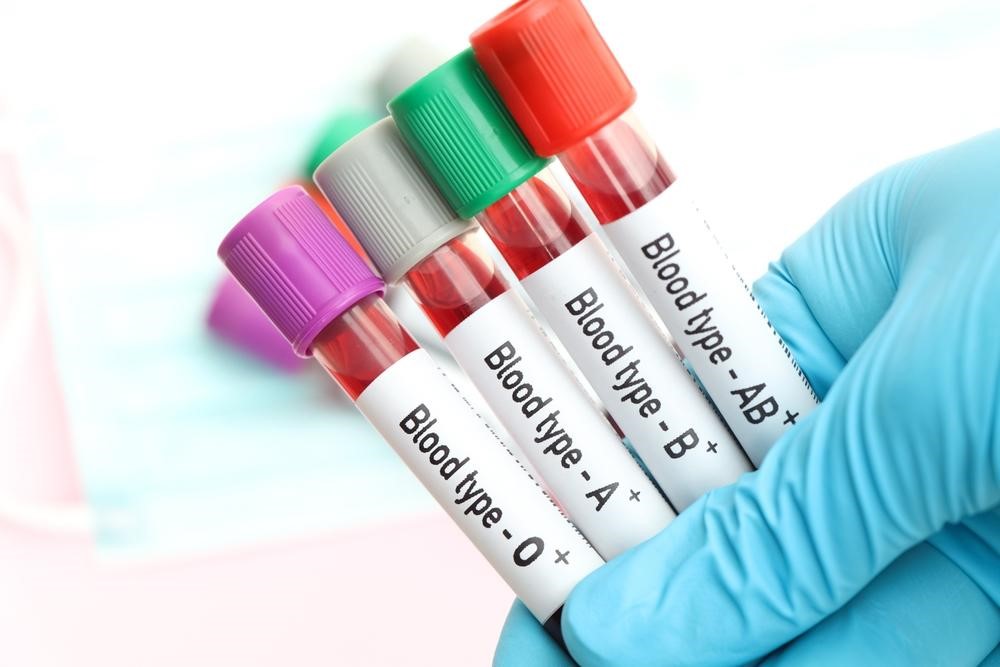Blood types play a crucial role not only in ensuring safe blood transfusions but also in influencing various health risks. Numerous studies suggest that genetically determined blood types may increase susceptibility to both infectious and non-infectious diseases, including COVID-19, heart disease, and allergies. Type A blood cells are more susceptible to SARS-CoV-2 infection than type O blood cells, Stowell noted.
“Among a group of several thousand people, some studies suggest that those with blood group A may be 20 percent more likely to be infected after exposure to SARS-CoV-2 compared with those who have blood group O.” Subsequent experiments indicated that the Omicron variant demonstrated an even stronger preference for infecting type A blood cells than the original virus. Increased Risk of Heart Disease Increased Risk of Allergic Diseases Increased Risk of Cognitive Impairment Increased Risk of Malaria For example, people with type A blood were more susceptible to blood clots, while those with type O had a higher risk of bleeding disorders.
Additionally, people with type A or AB blood had a lower incidence of pregnancy-induced hypertension, and people with type B blood had a reduced risk of kidney stones..


















